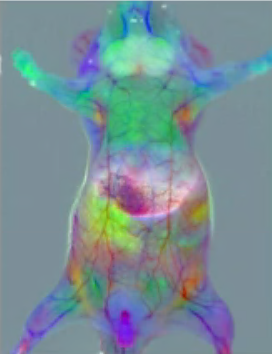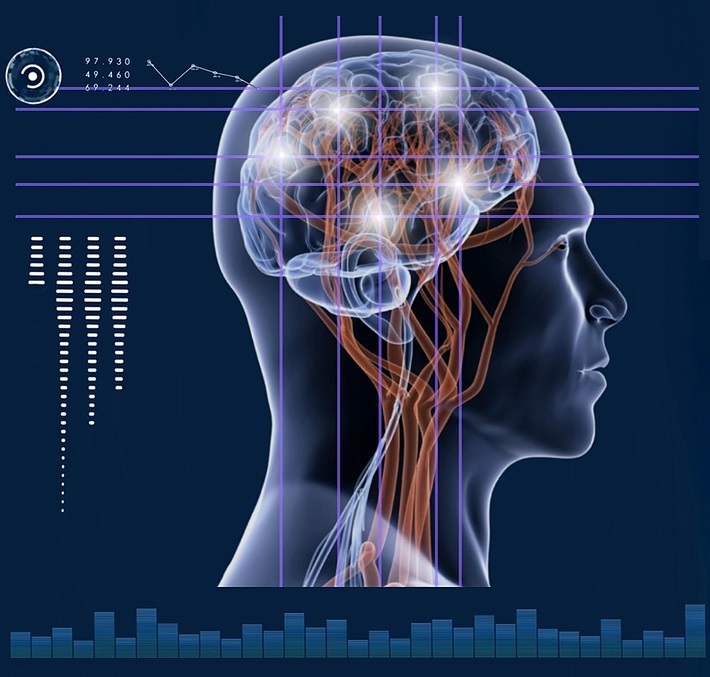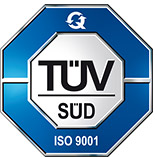Life Science
Light Sources in Biotech Research + Diagnostics
Diode lasers have become indispensable light sources in modern life-science research and clinical diagnostics due to their compact size, high electrical-to-optical efficiency, wavelength availability, and excellent modulation and stability characteristics.
Their ability to deliver well-defined wavelengths with controlled optical power makes them ideal for selectively exciting fluorescent markers, probing biological structures, driving optical sensors, and enabling highly sensitive detection schemes.
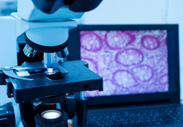
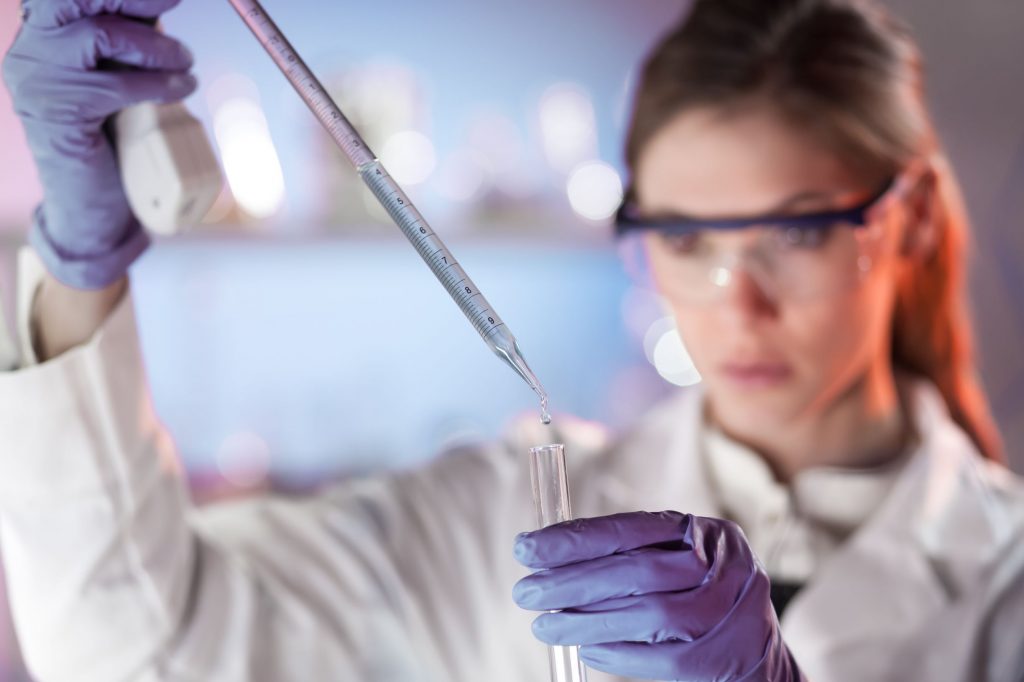
As diagnostic instruments continue to shrink in size and increase in performance, diode lasers play a central role in enabling reliable, repeatable optical measurements across a growing range of platforms—from benchtop flow cytometers and sequencing systems to portable point-of-care devices and advanced imaging modalities.
Each application imposes different demands on wavelength precision, spectral linewidth, output power, beam quality, and intensity stability, thus the choice of diode laser is closely tied to the underlying detection physics and the characteristics of the biological targets or reporters.
Search by Application







